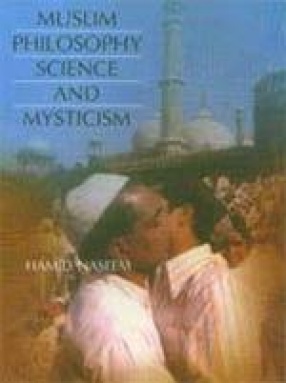Muslims have been provided by Allah a complete code of conduct in the form of Holy Quran. In Quran there are two types of verses i.e. allegorical (mutashabiat) and categorical (Mukhamat). The Mutashabiat verses of Quran are mostly pertaining to the essence of Allah and his attributes, predestination, soul and life here after death etc. etc. Since these verses are outside the purview of human reasoning, much hair splitting and question begging has not been encouraged in this regard. Yet many of the Muslim thinkers and philosophers have ventured to enter into detailed discussions in these matters. In the first stage we find that the Muslims are engaged in explanation and elaboration of various Islamic doctrines in the light of Quran. Mutazilites, Asharites, Maturidians, Qadarites and Jabarites etc are the representatives of the period. In the second stage Muslim scholars (in some cases Jews and Christians as well ) started translating the transmiting Greek philosophy into Arabic Ishaq Ibn Hunayn, Hunayn Ibn Ishaq, Al-Kindi and many others were engaged in this process. In the fifth stage we observe that a critical appraisal of the Greek thought started. Al-Ghazzali criticised Greek philosophy and its Muslim adherents. In the sixth stage we observe that a revolt took place against all sorts of philosophy. Ibn Taimiyah criticised Muslim philosophers including Ghazzali for their indulgence in Greek thought. He highlighted the religious aspects of Islam to the extent, where logic or philosophy cannot work. Iqbal in a sense continued the same trend but with a specialized manner and compared Muslim philosophy to the Greek and Western philosophy.
The Doctrine of the Sufis
$37.80
$42.00




There are no reviews yet.